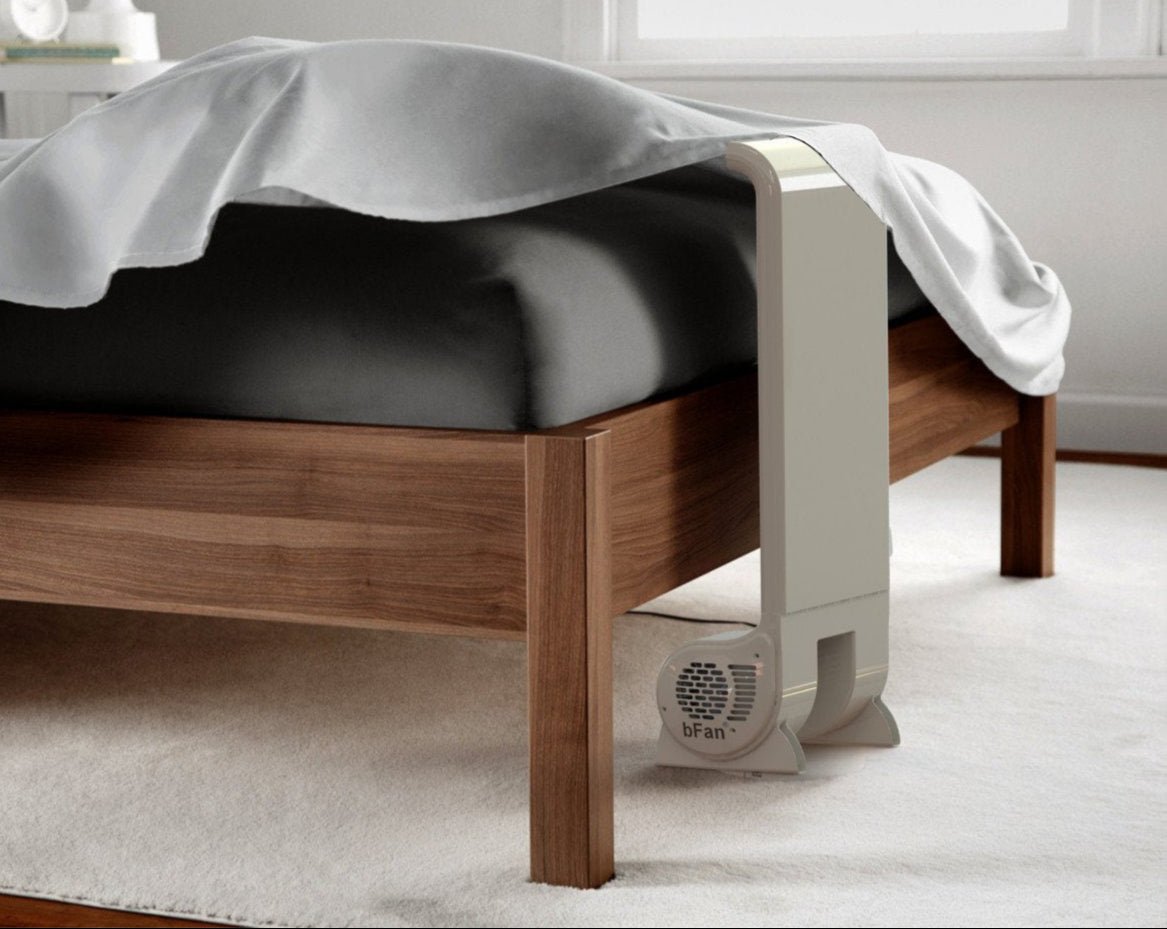Virus de inmunodeficiencia humana (VIH) es un virus que ataca el sistema inmunitario del cuerpo. Si el VIH no se trata, puede conducir a una enfermedad de inmunodeficiencia adquirida (SIDA). El VIH se puede extender a través de la transmisión sexual o a través de agujas compartidas. El VIH-1 se originó en humanos cuando fue transferido de chimpancés a humanos en el sureste de Camerún, África. Es probable que esta transmisión ocurriera debido a que los chimpancés se cazaban y se comían carne. Los monos del Viejo Mundo están naturalmente infectados con una variedad de lentivirus diferentes, que, cuando se transfieren a los humanos, se presentan como enfermedades similares de VIH.
El VIH-1 quedó presente en humanos a fines de 1800, pero no llegó a los Estados Unidos hasta mediados de los años setenta. Finalmente fue reconocido como una enfermedad en 1981. Justo en el tiempo desde que fue reconocido, ha habido aproximadamente 60 millones de casos de VIH en todo el mundo, y ha sido responsable de más de 25 millones de muertes. Es más mortal en los países en desarrollo, especialmente en los adultos jóvenes de África subsahariana.
Los síntomas del VIH comienzan a desarrollarse 2-4 semanas después de que ocurra la transmisión, con síntomas que duran desde unos pocos días hasta unas pocas semanas. Los síntomas a menudo son parecidos a la gripe, como dolor de garganta, ganglios linfáticos hinchados, erupciones, fiebres, fatiga, escalofríos y sudores nocturnos. Sin embargo, la presencia de estos síntomas probablemente no sea indicativa del VIH y solo debe ser preocupante si existe la posibilidad de que haya sido expuesto recientemente al VIH. También existe la posibilidad de que no se presente síntomas, por lo que hacerse la prueba es esencial si hay alguna razón para sospechar que podría haber contraído el VIH.
La etapa donde se muestran los síntomas similares a la gripe se conoce como etapa uno, o "infección aguda por VIH". En este momento, hay una gran cantidad de VIH en el torrente sanguíneo de la persona infectada, lo que lo hace muy contagioso. Si se prueba y se le da un resultado positivo, algunos de los síntomas similares a la gripe, como sudores nocturnos, se puede aliviar a través de medios relativamente simples. Por ejemplo, usar edredones y hojas más ligeras por la noche puede ayudar con el exceso transpiración Al no calentar el cuerpo aún más. Usar un ventilador también es una excelente manera de enfriar el cuerpo, especialmente el Lactante, que sopla debajo de las sábanas para enfriar el cuerpo por completo.
La segunda etapa es "Infección crónica por VIH". Durante esta etapa, la persona infectada es asintomática, que a menudo se llama latencia clínica. Sin embargo, a pesar de ser asintomático, el VIH sigue activo y reproduce en el cuerpo. Durante esta etapa, las personas generalmente dan positivo para el virus y pueden comenzar el tratamiento. Sin embargo, una vez que comienzan el tratamiento, es poco probable que salgan de esta etapa y progresen hacia el SIDA. Los medicamentos también pueden reducir su carga viral (cantidad de VIH en su sangre) hasta el punto de que es seguro para sus parejas sexuales, pero esto debe ser monitoreado cuidadosamente. Por el contrario, si no se trata, la persona probablemente permanecerá en esta etapa hasta una década. Durante esa década, la cantidad de VIH en la sangre continúa subiendo hasta alcanzar la etapa tres.
La etapa tres se alcanza cuando el virus se convierte en SIDA. Llegar a esta etapa viene con varios problemas nuevos, uno de los cuales es un sistema inmunitario dañado. El sistema inmunitario deteriorado brinda una oportunidad para que otras infecciones y enfermedades se muevan y causen más estragos en el cuerpo. El VIH también se transmite muy fácilmente durante la etapa del SIDA. Sin tratamiento, las personas que se han mudado a esta etapa suelen sobrevivir solo durante tres años más.

